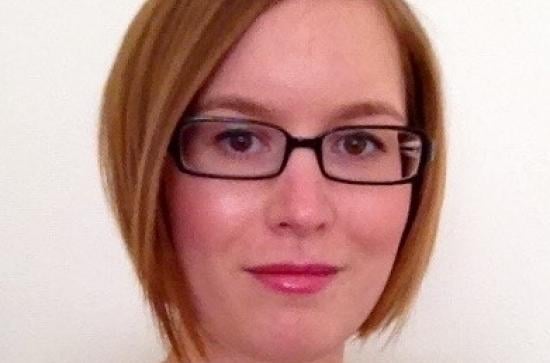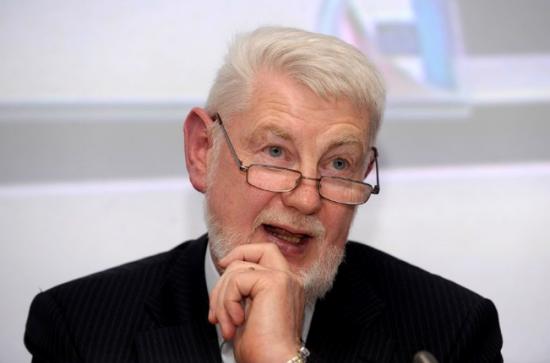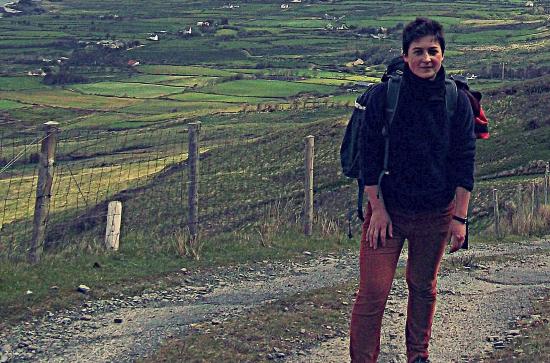Sociology and Politics graduates have many and varied career options: from academia to the media, law, public administration, community development, adult education, civil service, consultancy and many more.
See our flyer on the career options for our students post-graduation:
Below you will find some stories of the experiences of some of our undergraduate and postgraduate students after graduation. If you are a graduate and would like to let us know about your experience, please email us at [email protected]
Understanding the paths from a degree to the job market can be confusing and uncertain. The image below maps out some of the pathways available to you through the Department of Sociology and Centre for the Study of Politics. You will find some information about teaching Politics and Society at the bottom of the page.
You can hear more about these career pathways and the distinctive knowledge and skills you will bring from your degree to the job market in the 5 minute video presentation below
Watch this short video to find out more about where our graduates end up.
Teaching with Sociology and/or Politics
Politics and Society (Leaving Cert)
Politics and Society is a subject at Leaving Cert level for a number of years and the Department of Sociology and Centre for the Study of Politics have strong relationships with Politics and Society teachers - including a range of events in recent years for students and especially teachers.
The Teaching Council (which certifies teacher training) published a new set of requirements for teachers seeking to register as Politics and Society teachers from January 2023. This is basically you (allowing time to finish your degree and get a teaching qualification)!
The new set of curricular requirements are at
https://www.teachingcouncil.ie/en/News-Events/Latest-News/Curricular-Subject-Requirements.pdf
Students should review in detail but the text for Politics and Society is:
Politics & Society
In order to meet the registration requirements set down in the Teaching Council (Registration) Regulations
in respect of the curricular subject of Politics and Society, an applicant must meet all of the following
criteria:
(a) Applicants must hold a degree-level qualification, with Politics/Political Science or Sociology, or a
combination of at least three of the following areas: Politics/Political Science, Sociology, Anthropology,
Law, European Studies, Public Administration, Government, Development, Media Studies, Economics,
History, Geography, International Relations or Philosophy comprising a minimum total of 60 ECTS credits
or equivalent.
(b) The qualifying degree must be equivalent to at least Level 8 on the National Framework of Qualifications
(NFQ) and must carry at least 180 ECTS (European Credit Transfer System) credits (or equivalent).
(c) Applicants must also have completed a post-primary initial teacher education (age range12-18 years)
carrying a minimum of 120 ECTS credits (or equivalent).
In other words, a degree level qualification in Politics or Sociology from Maynooth will fulfil criteria (a) and (b) above.
Students may find it interesting to take a look at the NCCA Online Curriculum page for Politics and Society in the Leaving Certificate
CSPE
CSPE has been a subject at Junior Cert level for many years.
The Teaching Council has a set of topics that teachers are supposed to cover in their degree in order to be able to teach CSPE.
You can 'map' the modules that you have taken in Maynooth Sociology and Politics on to the CSPE requirements using our document
CSPE and Modules
Page 2 of the document above says: “The subjects of CSPE and Computer Studies/ ICT which were included in the 2017 iteration of this document have since been phased out.”
However, in practice, CSPE is often taught by teachers without these qualifications!















